Photos: Warnock to join list of Black U.S. senators
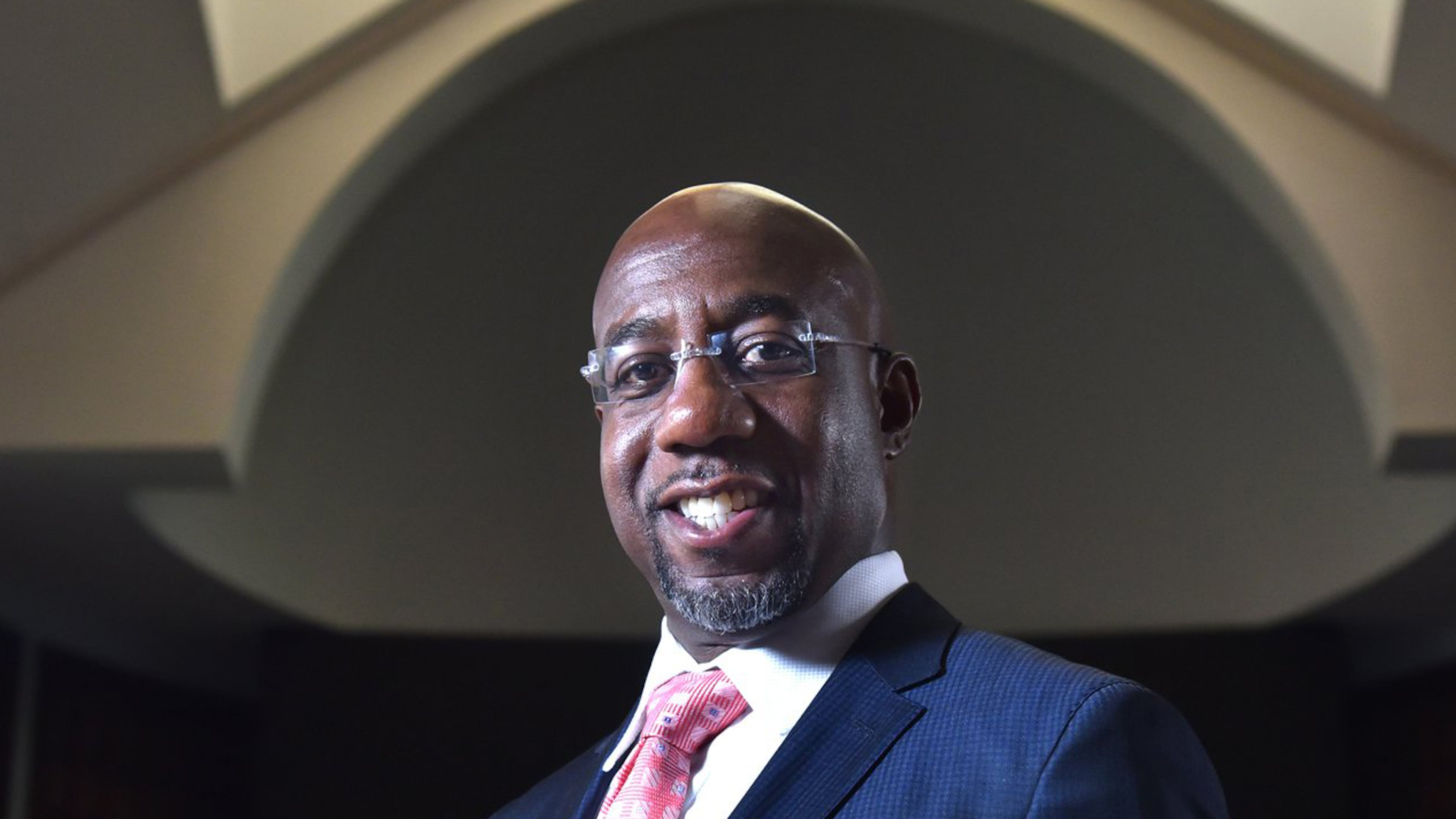
When Raphael Warnock is sworn in to the U.S. Senate later this month, he will become the 11th African American elected to that body, and the first from Georgia.
During Reconstruction, two African American senators from Mississippi were elected at a time when state legislators determined who represented their state in the Senate. (A third man, P.B.S. Pinchback, was likewise elected by Louisiana state legislators but was never seated.)
Almost 90 years would pass before the country would have another Black senator, this time elected by popular vote. In the past 50 years, the Senate has seen another eight African Americans either elected or appointed, with two leaving office in order to take White House positions.
These are the 10 Black men and women who have served in the U.S. Senate, and the one senator-elect who soon will.
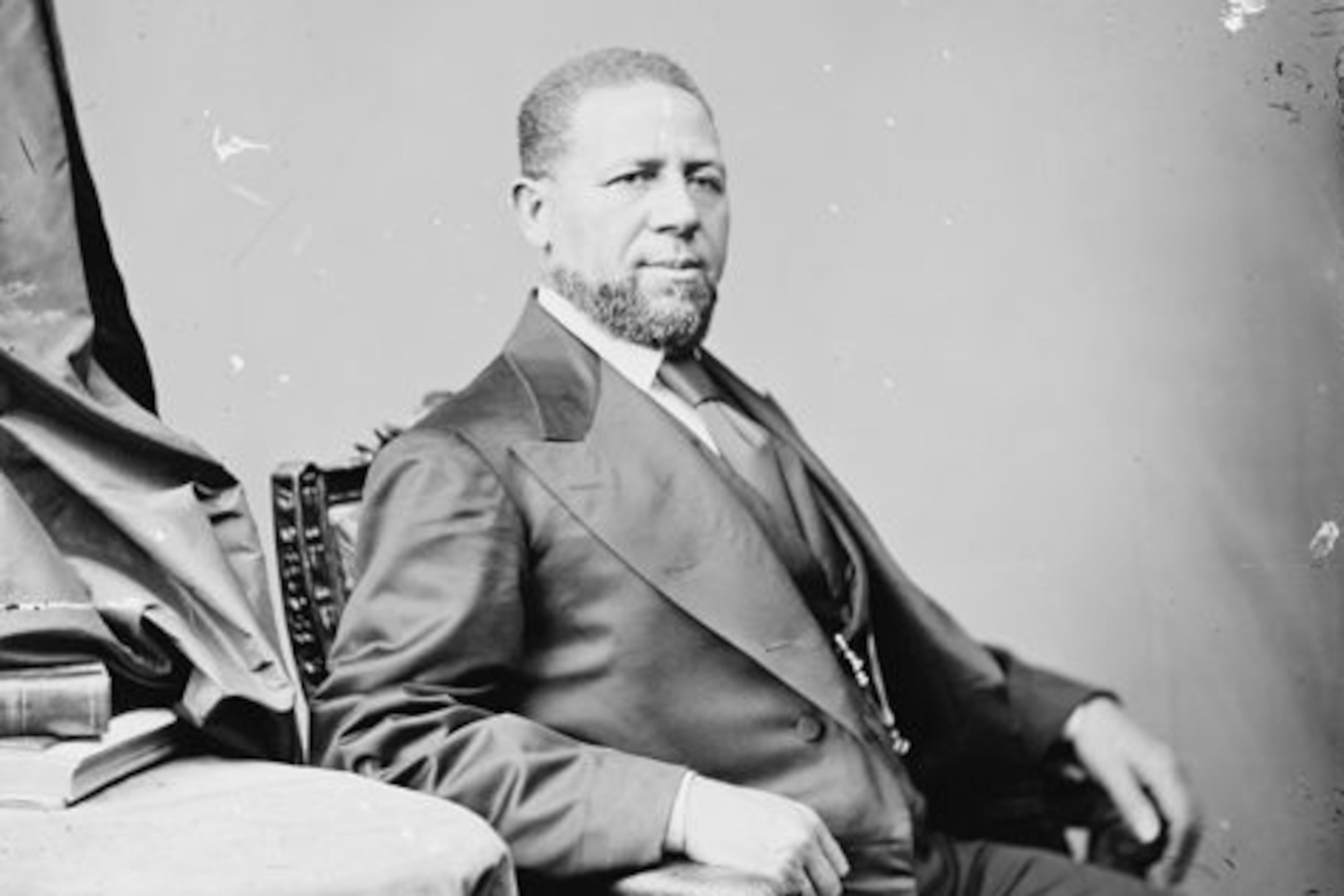
HIRAM REVELS (R-Miss., served from 1870-71): Born a freeman in North Carolina, Revels became an Army chaplain who served in the Civil War and served as a pastor for the AME Church after the war. He entered politics during Reconstruction and served as an city alderman, then a state senator. In 1870, the Mississippi Legislature appointed him to fill the remainder of a Senate term left vacant following the Civil War. In Washington, his appointment was contested by Southern Democrats and it took a 48-8 Senate vote along party lines for him to be seated, thus becoming the country’s first Black senator. After the Senate, Revels became the first president of Alcorn Agricultural and Mechanical College (the HBCU now known as Alcorn State University).
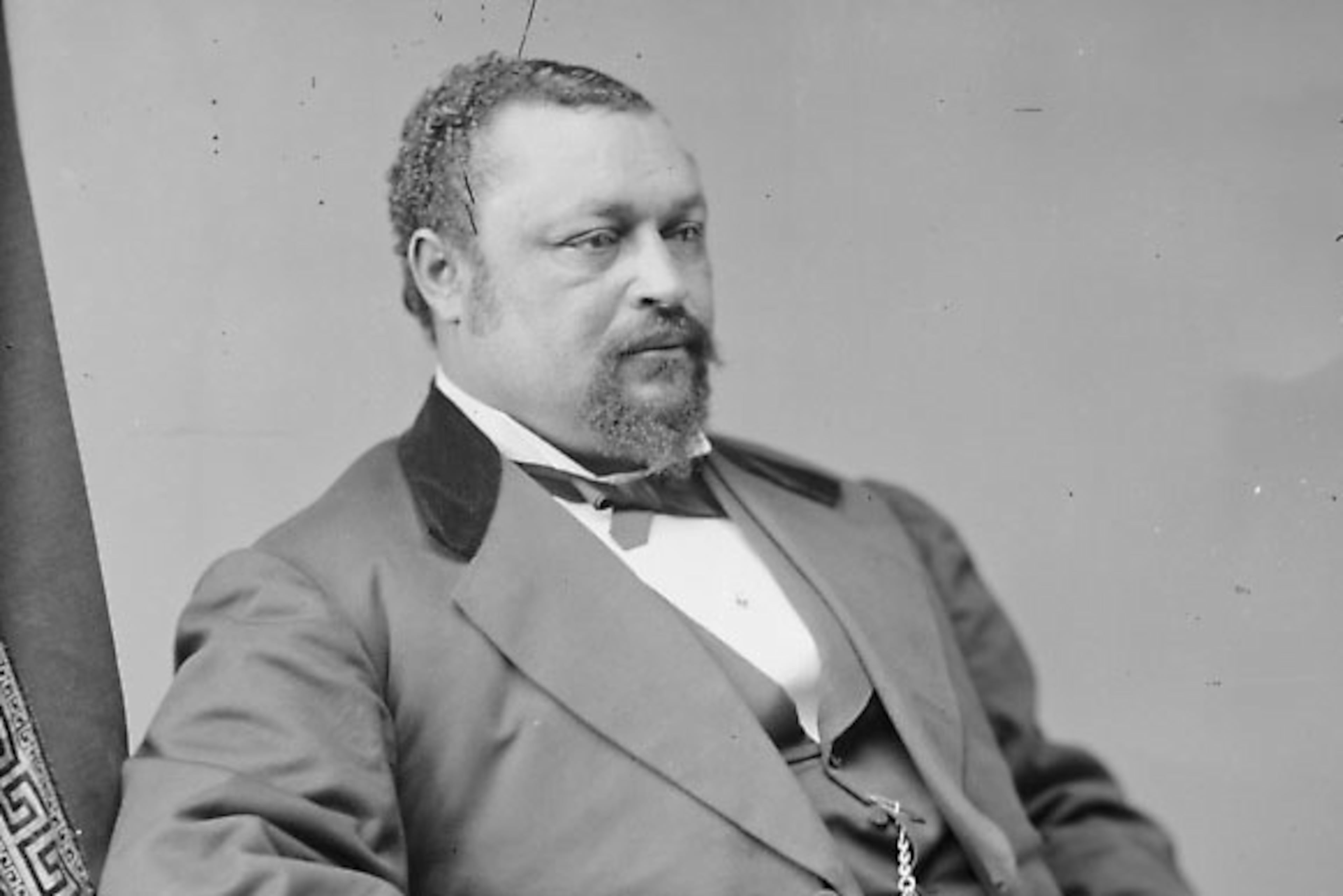
BLANCHE BRUCE (R-Miss., served from 1875-1881): Bruce was born into slavery in Virginia. After escaping to the North during the Civil War, he became an educator and a wealthy landowner in Mississippi. Bruce entered politics during Reconstruction and served in several county-level positions before becoming sergeant-at-arms for the Mississippi State Senate. In 1874, that body elected him to the U.S. Senate, where he became the first African American to serve a full term, and the country’s only senator to have once been a slave. In 1880, Bruce ran for vice president during the Republican National Convention. After his Senate term, Bruce stayed in Washington and worked in various roles for the U.S. government.
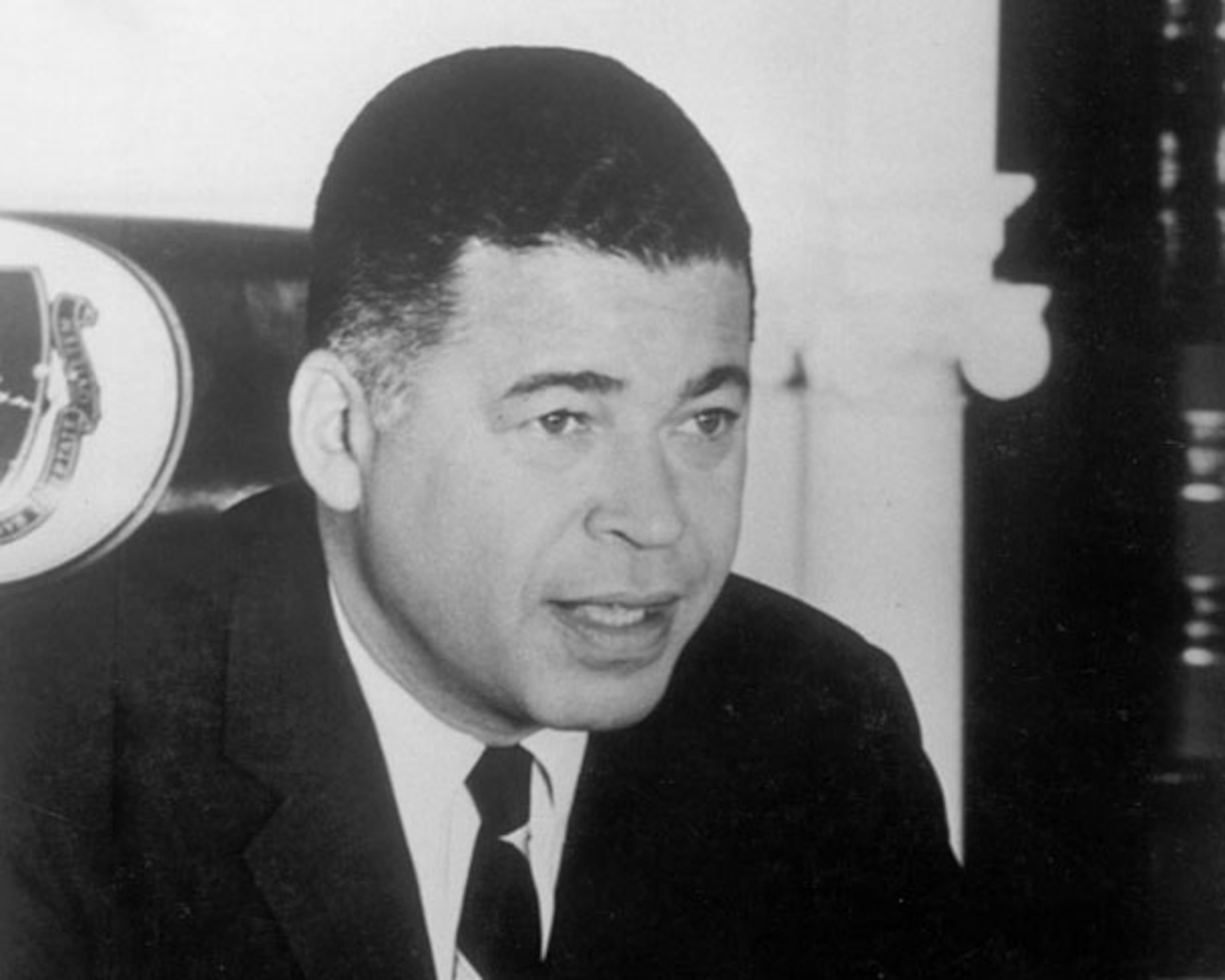
EDWARD BROOKE (R-Mass., served from 1967-79): Brooke was born in Washington, D.C., and served in the Army during World War II. After graduating from Boston University School of Law, Brooke stayed in the city and immediately began a political career. He was elected as Massachusetts’ attorney general in 1960 — the first Black attorney general in any state. In 1966, he won his race for the U.S. Senate, becoming the first African American to be elected to the U.S. Senate by popular vote. Brooke was a self-described moderate Republican who was fiscally conservative and championed civil rights. After the Senate, he continued to practice law. Brooke was awarded the Presidential Medal of Freedom in 2004.
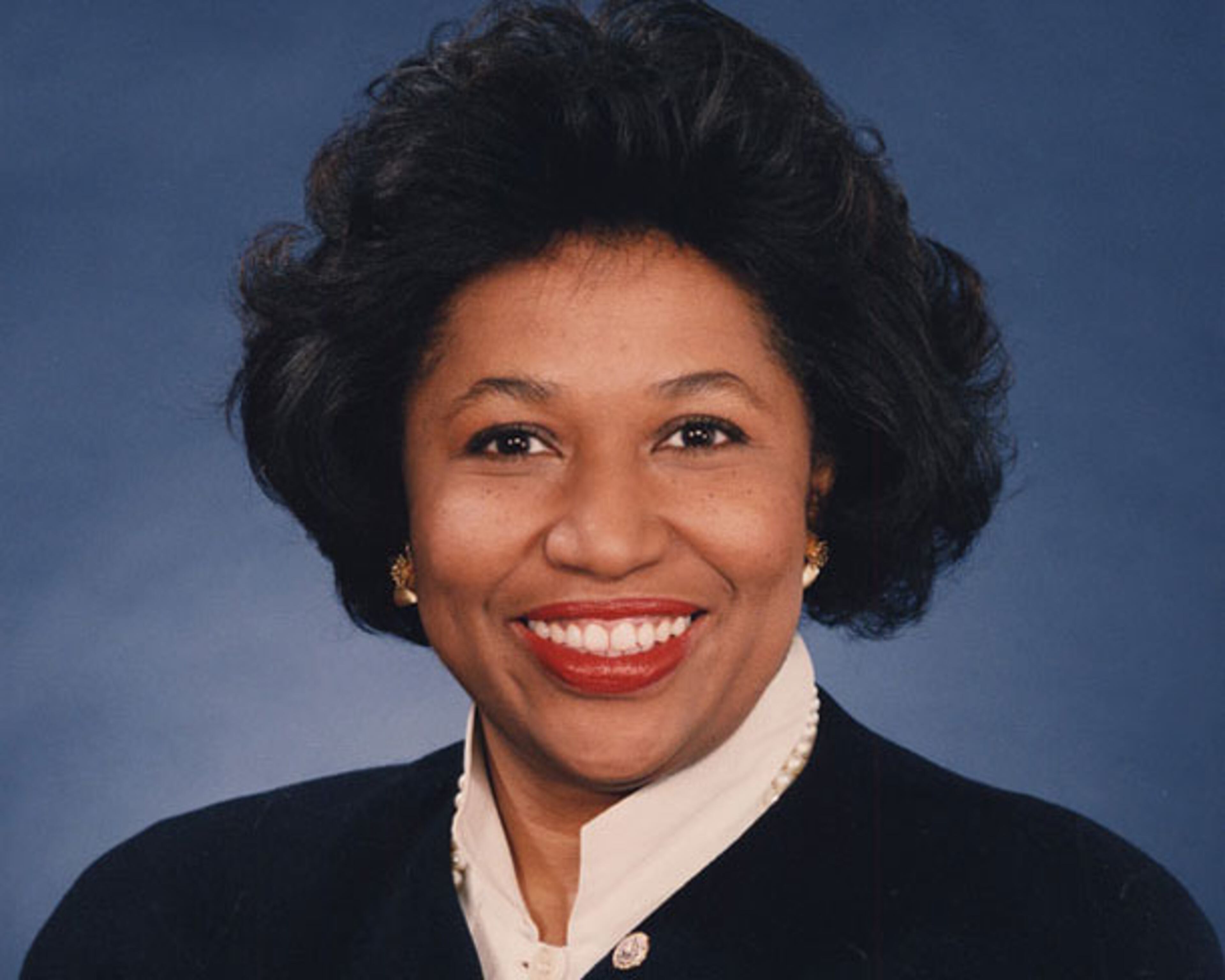
CAROL MOSELEY BRAUN (D-Ill., served from 1993-99): Moseley Braun was born in Chicago and earned her law degree in 1972. She worked as a prosecutor in the U.S. Attorney’s Office and was elected to posts in the Illinois House of Representatives and in Cook County government. She won her race for the U.S. Senate in 1992, becoming the first African American woman and the first Black Democrat elected to that body. After the Senate, Moseley Braun ran unsuccessfully for president in 2004 and for mayor of Chicago in 2011.

BARACK OBAMA (D-Ill., served from 2005-08): It’s a familiar story by now — Obama was born in Hawaii to a biracial couple, spent part of his youth in Indonesia and graduated from Columbia University. He worked as a community organizer for several years before entering Harvard Law School, where he first became nationally famous for becoming the first Black editor of the Harvard Law Review. He taught constitutional law at the University of Chicago Law School before starting his political career. He served as an Illinois state senator for two terms but lost his bid to become a U.S. House representative. He won his race for the U.S. Senate in 2004 in a landslide after several key opponents dropped out. His star continued to rise as a senator — enhanced by his memoirs “Dreams of My Father” and “The Audacity of Hope” — and he was elected president in 2008, which forced him to resign from his Senate seat. He served two terms as president and continues to have a voice in national politics.
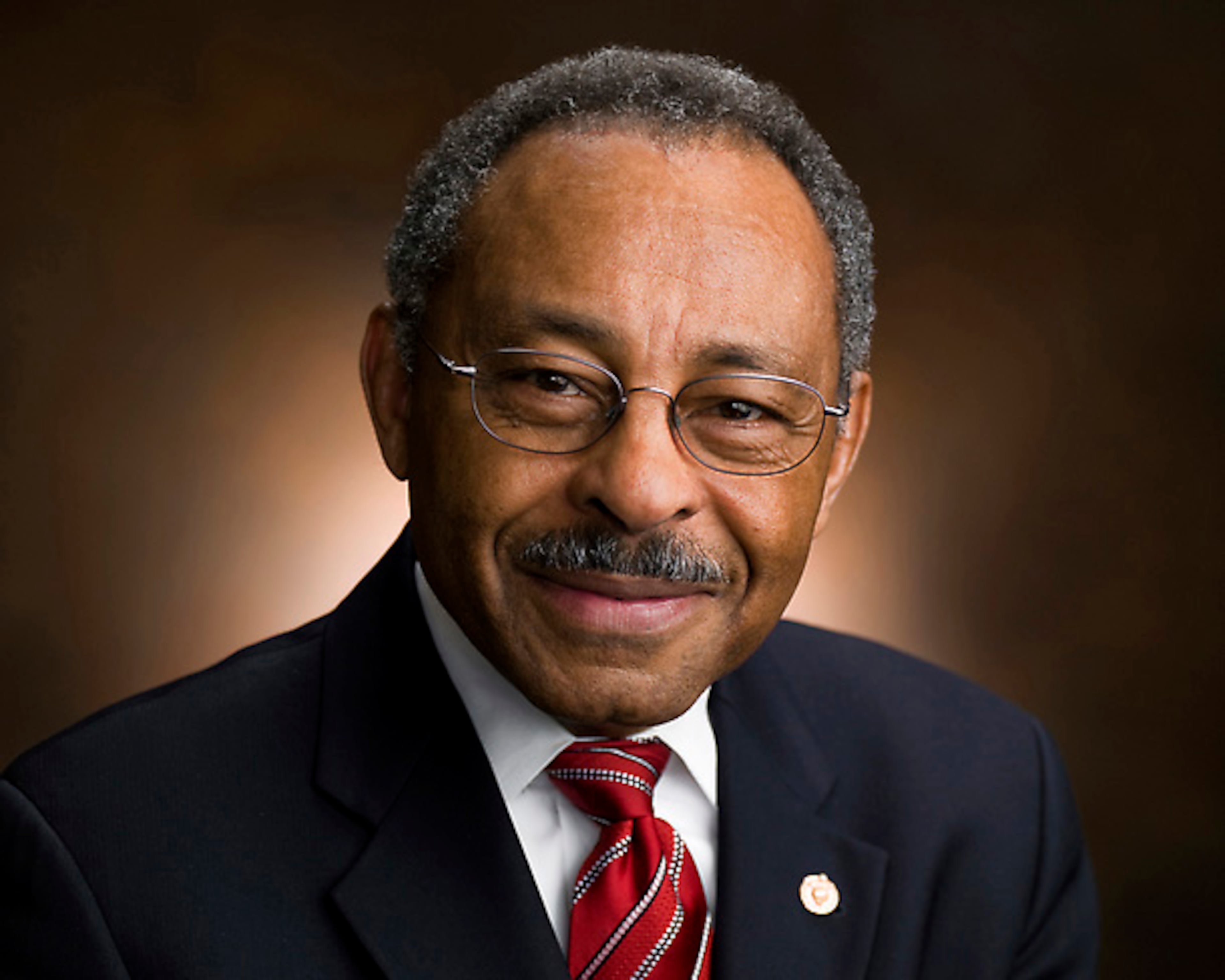
ROLAND BURRIS (D-Ill., served from 2009-10): Burris was born in southern Illinois and earned his law degree from Howard University. He accomplished a number of “firsts” — becoming the first African American national bank examiner for the Treasury Department and the first African American elected to statewide office in Illinois, when he was elected the state’s comptroller in 1978. In 1990, he was elected as attorney general, becoming the second African American in any state to hold that position, after Edward Brooke. Burris ran unsuccessfully for mayor of Chicago and twice for governor of Illinois. In 2008, Gov. Rod Blagojevich appointed Burris to fill the Senate seat vacated by Barack Obama. The appointment was contested by the state’s secretary of state and allegations dogged both Burris and Blagojevich that the position had been bought. Burris was eventually seated and served in the Senate for almost two years. He retired once the term was complete.
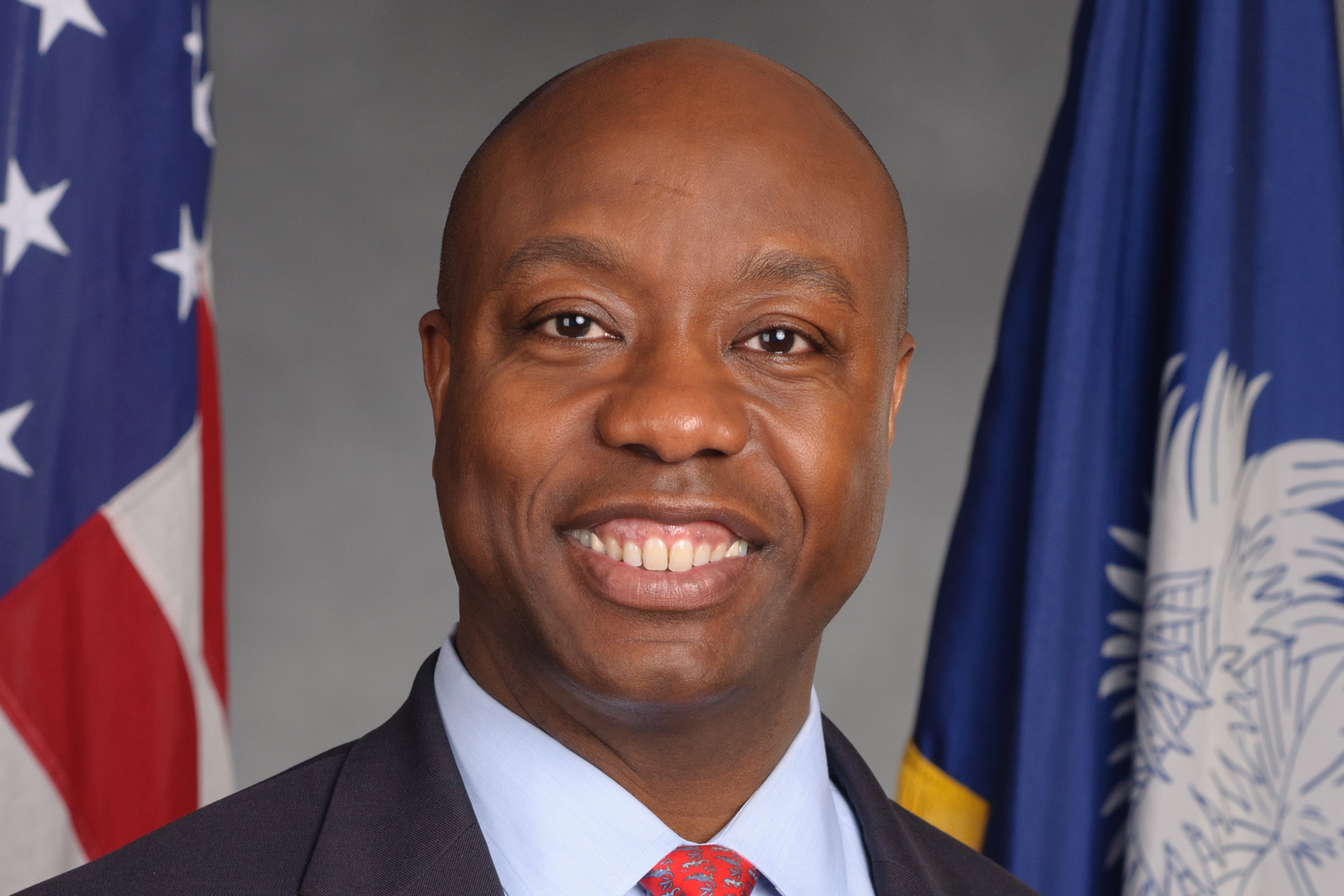
TIM SCOTT (R-S.C., incumbent, has served since 2013): Scott was born in North Charleston, South Carolina, and graduated from Charleston Southern University. Outside of politics, he has worked in insurance and real estate. He served on the Charleston City Council for 13 years before being elected to the state House of Representatives. He served one term there before being elected to the U.S. House of Representatives, also serving there for one term. In 2012, Gov. Nicki Haley appointed Scott to fill the Senate seat vacated by the retiring Jim DeMint. Scott would hold on to the seat through two elections in 2014 and 2016. He is the first African American to represent a Southern state in the Senate since Reconstruction.
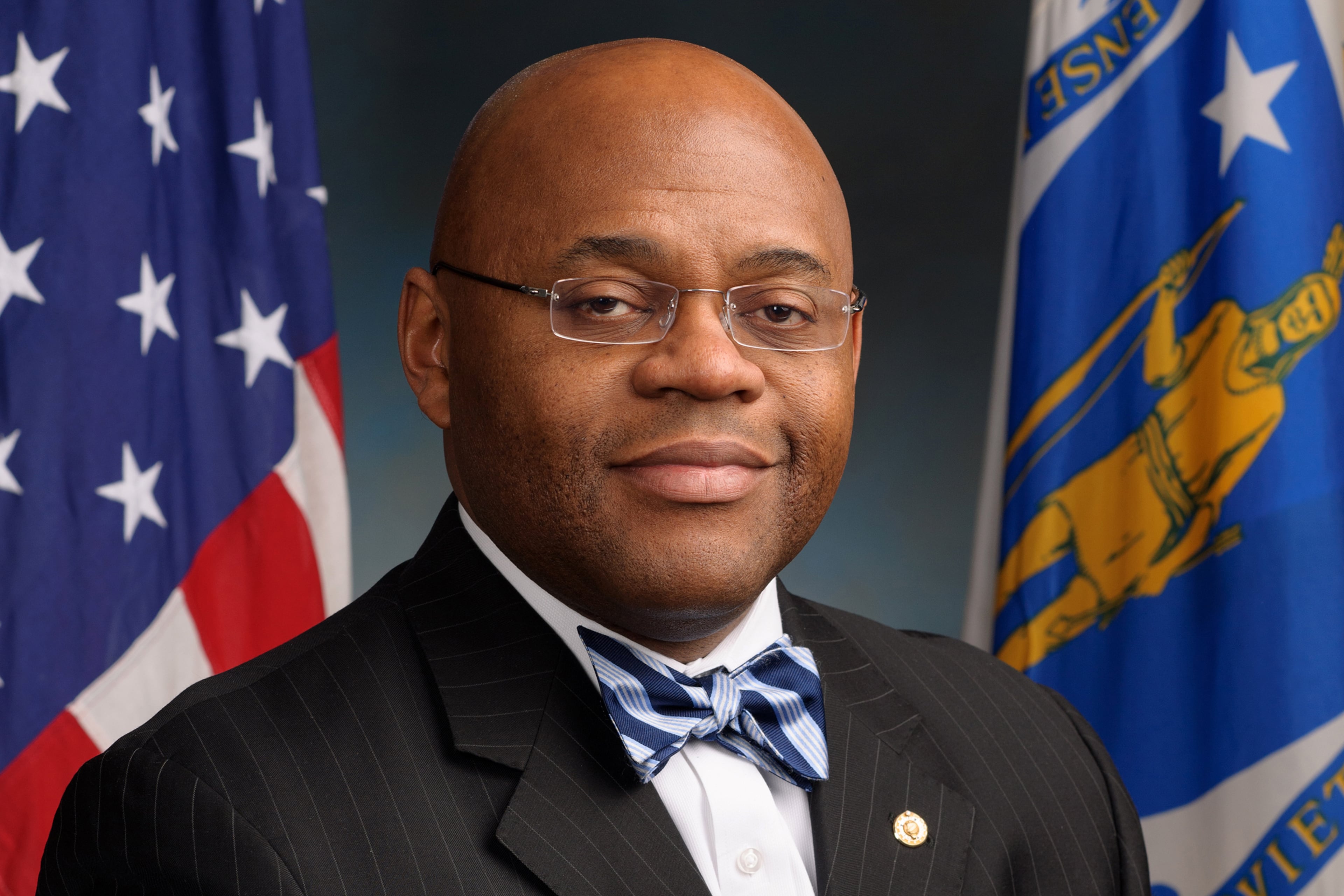
MO COWAN (D-Mass., served in 2013): Cowan was born in rural North Carolina and graduated from Duke University before going to Boston to earn his law degree from Northeastern University. Staying in Boston, he worked at a law firm and became a partner before serving as legal counsel and chief of staff for Massachusetts Gov. Deval Patrick. In 2013, Patrick appointed Cowan to fill the Senate seat vacated by John Kerry when Kerry accepted the position of secretary of state in the Obama administration. Cowan’s appointment was only interim and the seat was filled by a special election later that year. Although his time in the office was brief, it was notable for being the first time in history that the U.S. Senate had more than one Black member serving at the same time (the other being Tim Scott).
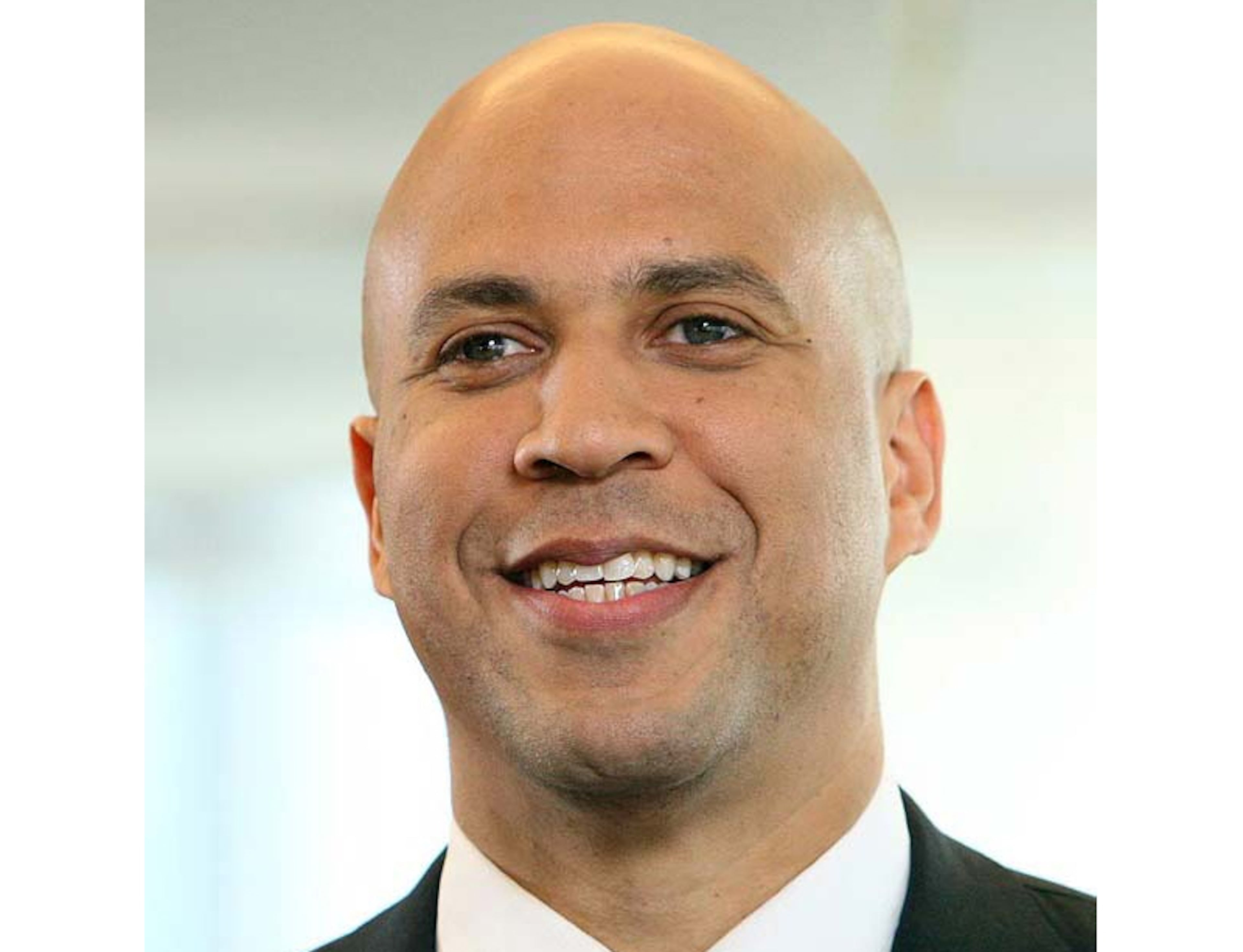
CORY BOOKER (D-N.J., incumbent, has served since 2013): Booker was born in Washington, D.C. He earned degrees from Stanford University and from Oxford as a Rhodes Scholar before receiving a law degree from Yale. In 1998, he was elected to the Municipal Council of Newark, New Jersey. Two years later, he ran unsuccessfully for mayor of the city. In 2006, he won his second race for mayor and would serve two terms. In 2013, he won a special election to fill the Senate vacancy created by the death of Frank Lautenberg. He has been reelected twice since then. Booker ran unsuccessfully for president in 2020.
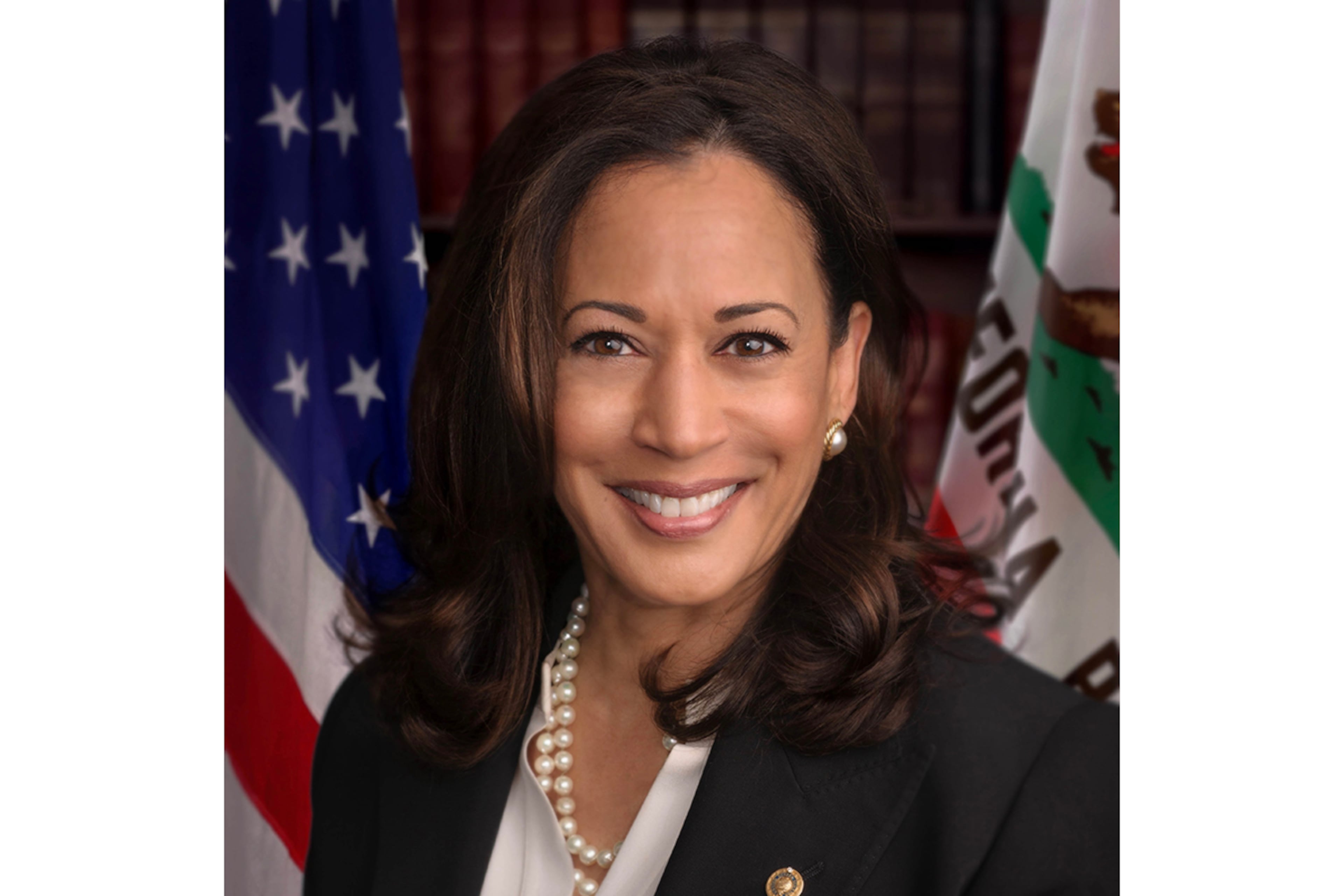
KAMALA HARRIS (D-Calif., has served since 2017 and is the vice president-elect): Harris was born in Oakland, California, to a biracial couple, making many of her accomplishments “firsts” for African American and Asian American women. She graduated from Howard University and earned her law degree at California University, Hastings College of Law. She began her career as a deputy district attorney in Alameda County. She later became an assistant district attorney in San Francisco and worked for the city as the head of the Division on Children and Families. She first ran for office in 2004 for district attorney of San Francisco and served two terms. Harris was elected in 2010 as attorney general for the state of California and was reelected in 2014. Two years later, Harris successfully ran for U.S. Senate, replacing the retiring Barbara Boxer. Harris ran for president in 2020, but ultimately dropped out of the race. She was picked as the vice presidential candidate by Joe Biden, and their win will make Harris the highest-ranking woman to ever hold elected office in the United States, as well as the first woman elected to the White House.

RAPHAEL WARNOCK (D-Ga., senator-elect): Warnock was born in Savannah and, inspired by Martin Luther King Jr., graduated from Morehouse College before earning higher degrees from Union Theological Seminary in New York. In his early career, he worked as a junior pastor in New York and as a senior pastor in Baltimore. In 2005, he was named senior pastor at King’s spiritual home, Historic Ebenezer Baptist Church in Atlanta, becoming the youngest person to serve in that role. He became an outspoken political activist on issues such as the death penalty and health care. In 2020, he ran for the U.S. Senate seat held by Kelly Loeffler, who was appointed to that position after Sen. Johnny Isakson resigned for health reasons. Warnock came in first place in the special election and subsequently won the runoff election against Loeffler in early 2021. Warnock’s victory will make him Georgia’s first African American senator.
More Stories
The Latest

